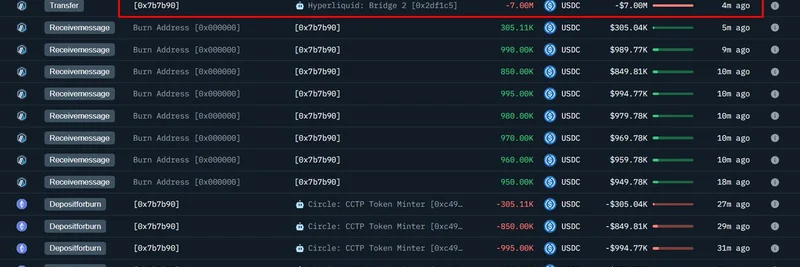In a major move for institutional blockchain adoption, SBI Digital Markets (SBIDM), the digital asset division of Japan's massive SBI Group, has chosen Chainlink as its sole infrastructure provider. This partnership centers on Chainlink's Cross-Chain Interoperability Protocol (CCIP), which will power SBIDM's platform for moving tokenized assets securely across public and private blockchains. If you're new to this, tokenization basically means turning real-world assets like stocks or bonds into digital tokens on a blockchain, making them easier to trade and manage.
The announcement came via a tweet from BSC News, highlighting how this setup enables secure cross-chain transfers, private transactions, and automated compliance. It's all about making blockchain tech more appealing to big financial players by addressing key concerns like privacy and regulatory adherence.
Why This Partnership Matters
SBIDM isn't starting from scratch here—they've previously collaborated with Chainlink under Singapore's Monetary Authority Project Guardian, which tested automated fund management for traditional finance (TradFi) folks. Now, Chainlink's tech is stepping up as the core interoperability layer. Interoperability, in simple terms, is the ability for different blockchains to talk to each other seamlessly, which has been a big hurdle in the crypto world.
Key features rolling out include:
- Cross-Chain Transfers: Using CCIP to move tokenized assets between chains without hassle.
- Private Transactions: This keeps sensitive details like transaction amounts and parties involved hidden from the public eye, while still being verifiable for regulators.
- Automated Compliance Engine (ACE): SBIDM is checking out this tool to enforce rules based on specific jurisdictions, like anti-money laundering (AML) checks, right on the blockchain.
As CK Ong, COO at SBI Digital Markets, put it: "Our vision for the future of capital markets is built on an interconnected global platform – this can only be realized with an interoperable and secure infrastructure." This aligns perfectly with Chainlink's goal of bridging TradFi and decentralized finance (DeFi), where anyone can participate in financial activities without traditional intermediaries.
Broader Implications for Blockchain and Crypto
This isn't an isolated event. On the same day, other big names jumped on the Chainlink bandwagon:
- Apex Group and Bermuda Monetary Authority tested a framework for stablecoins using CCIP, Proof of Reserve, and ACE.
- Chainlink and GSR launched a program to help institutional stablecoin issuers with infrastructure and market strategies.
- WisdomTree, managing over $130 billion in assets, integrated Chainlink's DataLink for on-chain net asset value (NAV) pricing.
These developments signal a shift toward more regulated, interconnected digital finance. For blockchain practitioners, it means better tools for handling tokenized securities, from issuance to trading, all while staying compliant across borders.
If you're diving into meme tokens or broader crypto, keeping an eye on infrastructure like Chainlink is crucial. It underpins many DeFi projects and could influence how meme coins interact with institutional money down the line. For the full scoop, check out the original press release from SBI Digital Markets.
Stay tuned for more updates on how these integrations evolve the crypto space!

